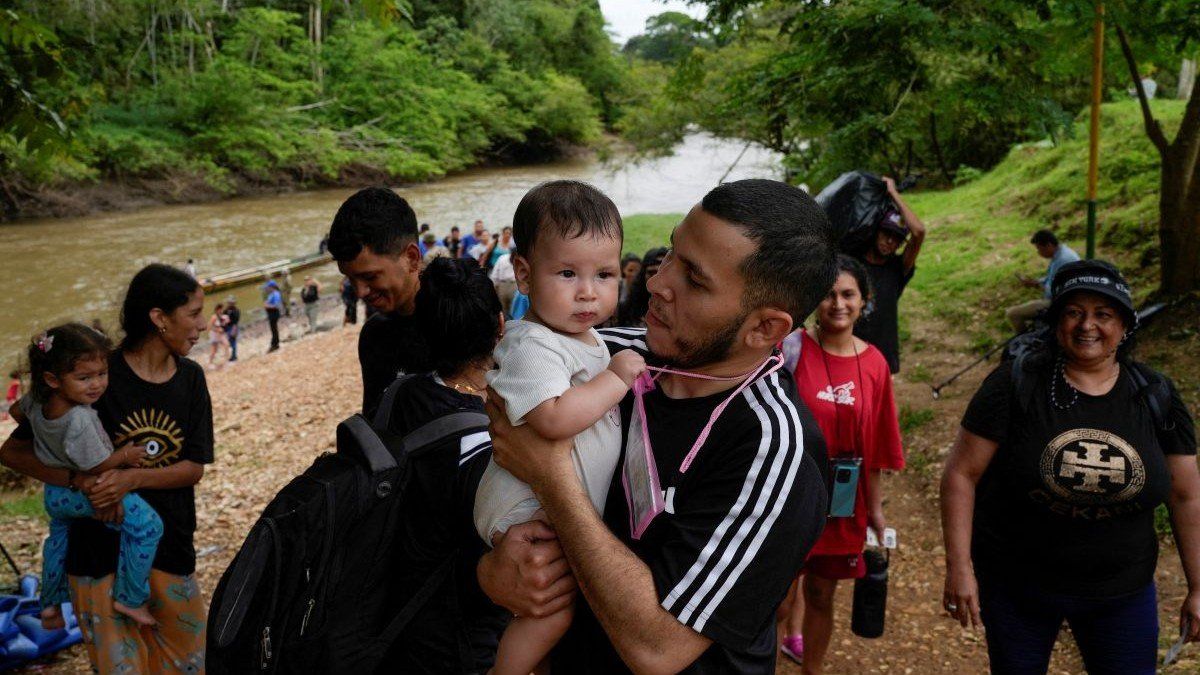On Tuesday, a coalition government in the Netherlands collapsed. The trigger? Geert Wilders, leader of the anti-immigration Party of Freedom (PVV) and a coalition partner, demanded new restrictions on the government’s grant of asylum to migrants. When these weren’t met, he pulled his party from the governing coalition.
Elsewhere in Europe, anti-immigration frustrations have fueled the rising political fortunes of nativist parties and politicians in France, Germany, Italy, Poland, Spain, the United Kingdom, and several other countries. In the United States, Donald Trump was again elected president in 2024 after centering his campaign not just on curbing illegal immigration across the southern border from Mexico, but also on deporting millions of undocumented immigrants.
This political trend isn’t limited to wealthy Western countries. The entry of a million Rohingya Muslims fleeing a bloody state crackdown in Myanmar has roiled the politics of Bangladesh. Refugees are moving across African borders in large numbers, fueling violence in many countries.
Globally, the number of people on the move is on the rise. In 2024, the UN reported 304 million international migrants, nearly double the number in 1990.
There are three main drivers of all these border crossings. The first is violence. Wars force civilians to flee, but less organized violence – like criminal gang activity in Central America – also pushes people to seek new lives abroad.
The second driver is climate change. Changing weather patterns disrupt farming, fishing, and herding, and can generate famine. Rising sea levels force people from over-crowded, low-lying areas.
But the principal cause is that a clear majority of the world’s migrants are simply looking for better economic opportunities for themselves and their families. This is especially true for those in developing countries. Counterintuitively, it isn’t poverty but their rising incomes that give them new opportunities to move toward richer countries.
Given these sources of migration, we should expect bigger waves ahead. The current lack of leadership in the international system, a problem that Eurasia Group’s Ian Bremmer calls the “G-zero world order,” will make armed conflict and an expansion of the world’s ungoverned spaces within countries, both more likely and more violent.
The Institute for the Study of Economics and Peace, a think tank, warns that more than one billion people live in 31 countries where “the country’s resilience is unlikely to sufficiently withstand the impact of ecological events” by 2050, contributing to “mass population displacement,” and that as many as 3.5 billion people could suffer from food insecurity by that date.
What’s more, as living standards and populations continue to grow in developing countries, more people will have the opportunity to move abroad.
As people increasingly go on the road, the politics in wealthy countries will also become uglier. Politicians on one side will insist that all new border restrictions are hateful and cruel, while those on the other will warn that surges of new arrivals will spread crime and disease.
Even when the debate is more nuanced, political leaders seem more interested in scoring points – and raising cash – at the other side’s expense than in finding common ground and enacting sensible immigration policies.
This deadlock over how to accommodate hundreds of millions of migrants in coming years will ensure this problem will become a much larger-scale international emergency than it is today. The situation in the Netherlands is the tip of the iceberg.
And, speaking as the husband of someone who migrated to America as a six-year-old girl, the scale of human tragedy becomes almost unthinkable.
